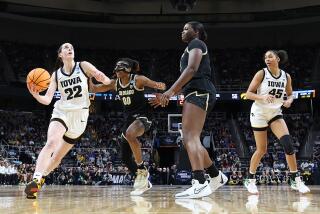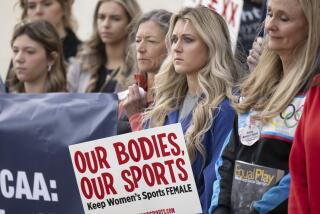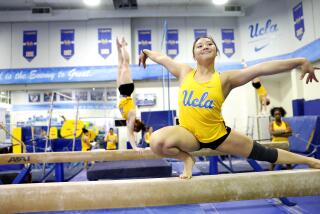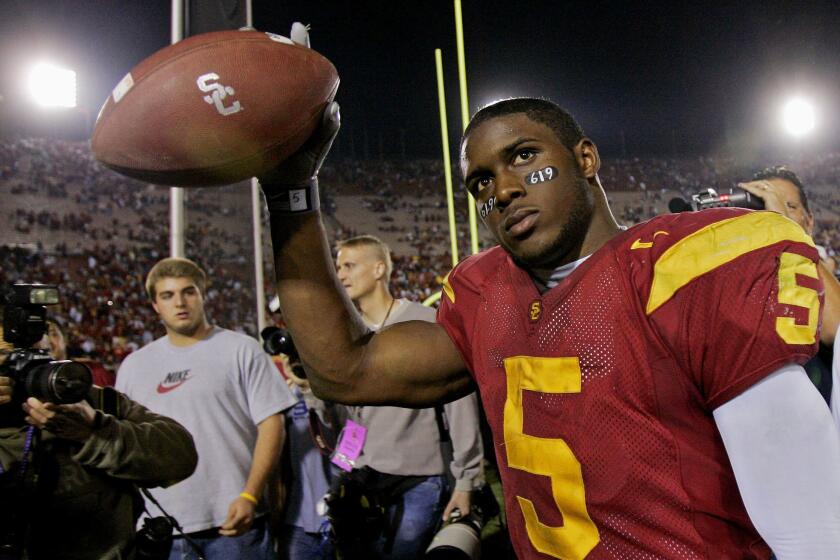Everything at this point is gravy for swimmer Katie Meili
The week in Rio de Janeiro changed everything.
Before that, Katie Meili had spent most of her life swimming under the radar, improving steadily but slowly, never going fast enough to draw much attention.
The native Texan wanted to quit after college, but was persuaded to stick around a little longer. It seemed like she came from out of nowhere, making the U.S. team for the 2016 Summer Olympics.
Then, during a week of swimming competition at the Games in Brazil, Meili won bronze in the 100-meter breaststroke and helped the Americans to gold in a team relay.
“It was a dream come true,” she says. “I was at a place where I could walk away from the sport.”
The timing felt perfect for a thoughtful, articulate young woman who had always valued education on a level equal to, if not greater than, sport. With an Ivy League degree in hand, Meili was accepted to Georgetown’s prestigious law school.
Her life was turning in a new direction.
“I would be at peace with my decision to no longer swim,” she says.
So what is the 27-year-old doing at the USA Swimming national championships in Irvine this week? Why will she climb onto the starting blocks for Thursday’s 200-meter breaststroke?
“It’s the ideal story for our sport,” 2016 Olympic coach David Marsh says. “For any sport.”
::
None of the major college programs recruited her out of high school.
“I wasn’t a great swimmer,” Meili recalls. “I was just kind of above average.”
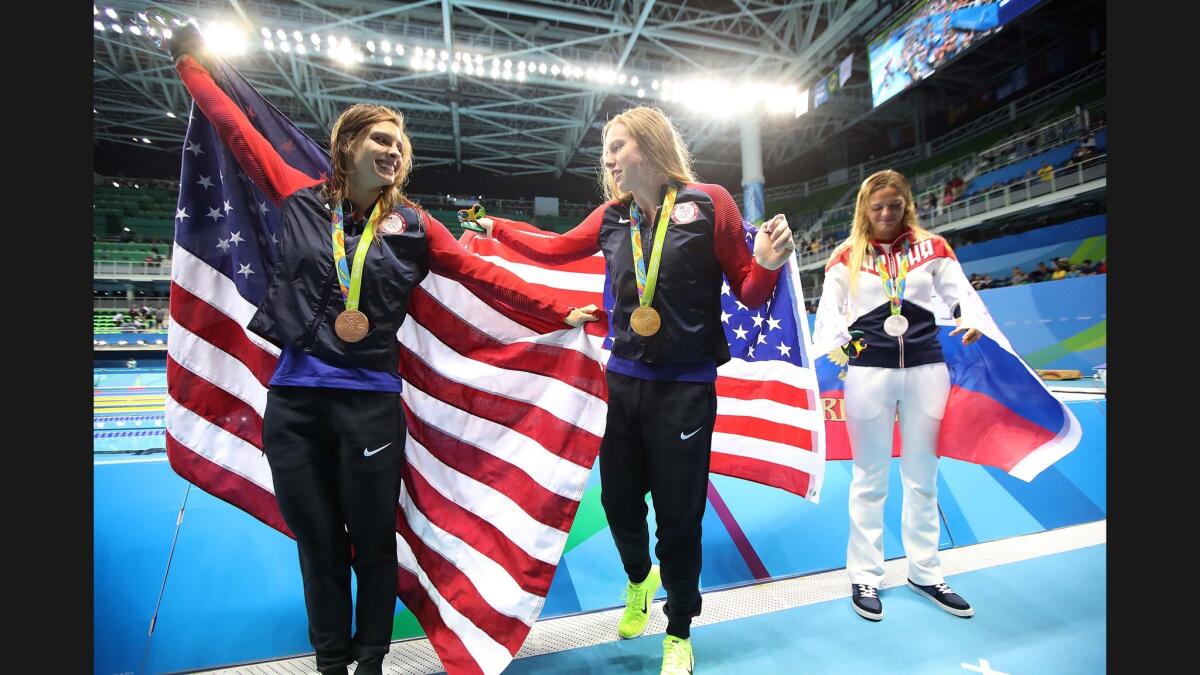
Columbia seemed like a good fit for someone who wanted to improve but wasn’t envisioning future glory in the Olympics or even at the NCAA championships, for that matter.
“I was like, the NCAAs are such a cool meet, but I’ll never swim there,” she says.
Her college coaches thought otherwise.
Starting in the fall of 2009, they tried to bolster the freshman’s confidence, telling her she could become a top competitor. The idea took a while to sink in.
Meili finally qualified for the NCAAs at the end of her junior season, taking fifth in the 100-yard breaststroke. As a senior, she improved to third in that event.
Those results did not convince her of a career beyond school. After graduation in 2013, Meili worked as a legal assistant at a New York law firm and focused on graduate studies.
Again, her coaches stepped in, talking about Olympic potential.
“I thought they were out of their minds,” she says. “I had never even made a national team.”
On a leap of faith, Meili traveled to a meet in Charlotte, N.C., and sought out Marsh, a well-known coach who operated an elite club there. She asked for a tryout.
It wasn’t the first time Marsh had been approached by a hopeful swimmer with less-than-stellar credentials.
“I answered her half-heartedly,” he recalls. “Generally, I tell everybody the same thing – come for a week to see what you think of us. And what we think of you.”
Meili says: “I thought he was just trying to be nice and get me to go away.”
And when she showed up?
“When she came to us,” Marsh says, “I didn’t see anything super special about her stroke technique in the water.”
::
During his long career – which includes a dozen NCAA titles at Auburn – Marsh has learned to spot certain characteristics in elite breaststrokers.
The coach is talking about the “eye-popping” natural kick of a Micah Sumrall or the “big, huge strokes” of a Kevin Cordes.
Nothing about Meili stuck out, at least not physically.
“Katie had more of a fighter stroke,” Marsh says. “She was a swimmer who’d have to figure out multiple ways of getting faster.”
During the weeklong tryout in Charlotte, Meili proved that she was hungry to learn, attentive to everything her coaches told her and diligent about working on each detail.
The latter trait is essential to breaststroke, which consists of distinct parts. The arms sweep back in a long stroke and the legs follow with an explosive kick. Between these phases is “the line,” as the body extends and the swimmer tries to glide as efficiently as possible through the water.
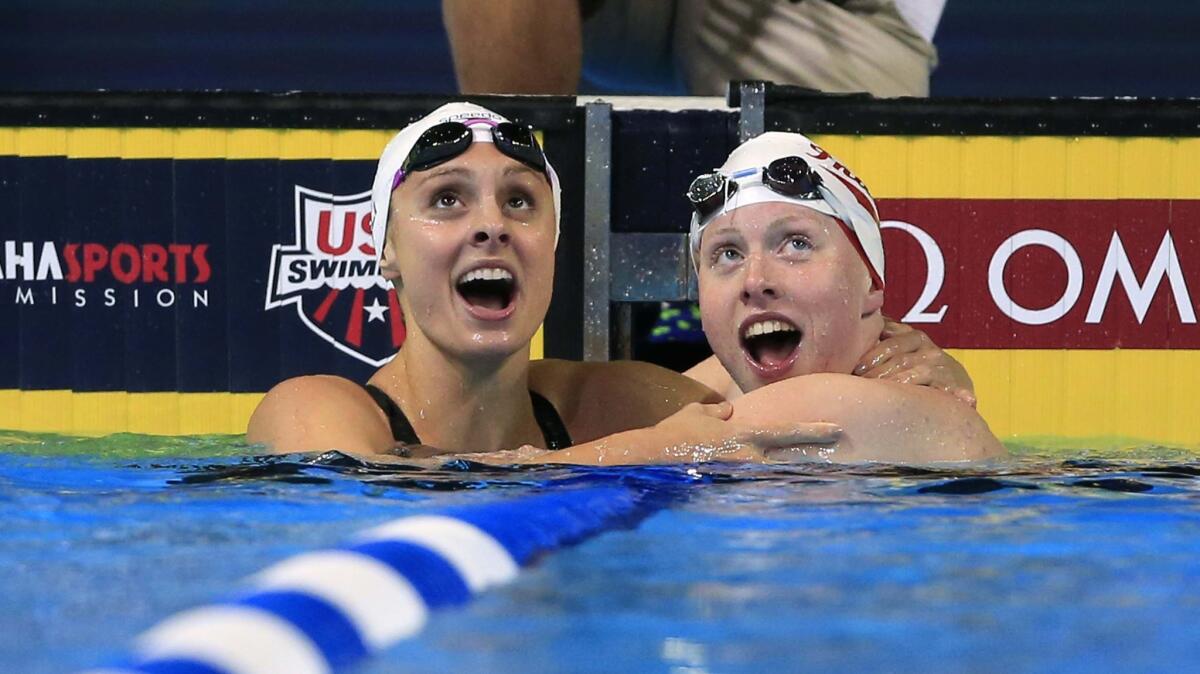
“It’s the most important thing about the breaststroke,” Marsh says. “Katie developed that line.”
Technique was only part of the focus. When she heard about Ruta Meilutyte of Lithuania training with pull-ups, Meili became determined to match the world-record holder’s arduous regimen.
The results began to show in 2014 with several medals at the U.S. short course nationals. The following year, Meili won gold at the longcourse nationals and Pan Am Games.
“It felt like the universe was trying to tell me something,” she says. “I know that sounds kind of cheesy.”
A second-place finish at the Olympic trials – behind Lilly King – guaranteed her spot in Rio, where Meili finished behind King and Yulia Efimova of Russia. The following summer, at the world championships, she won individual silver at 100 meters and bronze at 50 meters.
“I think my perspective definitely changed,” she says. “In my mind, I had accomplished way more in the sport than I had ever imagined I would.”
::
There might not have been a better time to leave swimming, to quit while she was ahead. The only problem?
“I still loved the sport,” she says.
If anything, swimming became more enjoyable, those Olympic and world championships easing any stress Meili might have felt about making good on the potential her Columbia coaches saw.
Such was her desire to keep racing that she continued to train while finally starting law school last fall.
Leading a dual life meant getting up early to spend two hours in the pool before classes started at 9 a.m. Meili often spent her lunch hours in the weight room.
“I wasn’t swimming as much as I used to, so I had to do some things outside the pool to stay fit,” she says. “I added more running and yoga and Pilates as often as I could.”
With law professors grading on a curve, she liked competing against fellow students and finished her first year in the top 10%. But Marsh wondered what kind of swimmer would show up this summer to train in San Diego, where he now coaches.
“With the depth we have in the United States, you’re kept honest,” he says. “If you fall off, you’re going to find out quickly.”
After a rough start, Meili has shown glimmers of world-class form in recent weeks. The next few days will be the real proof.
After the 200 meters on Thursday, she races 50 meters on Friday and 100 meters – her best distance – on Saturday. The results will determine if she makes the U.S. team for the Pan Pacific swimming championships in Japan next month.
Regardless of what happens, one thing is for certain.
That week in Rio changed Meili. It altered her perspective from the starting blocks.
“I’m so lucky to have this journey with swimming,” she says. “Now it’s all for the fun.”
Follow @LAtimesWharton on Twitter
More to Read
Get our high school sports newsletter
Prep Rally is devoted to the SoCal high school sports experience, bringing you scores, stories and a behind-the-scenes look at what makes prep sports so popular.
You may occasionally receive promotional content from the Los Angeles Times.

